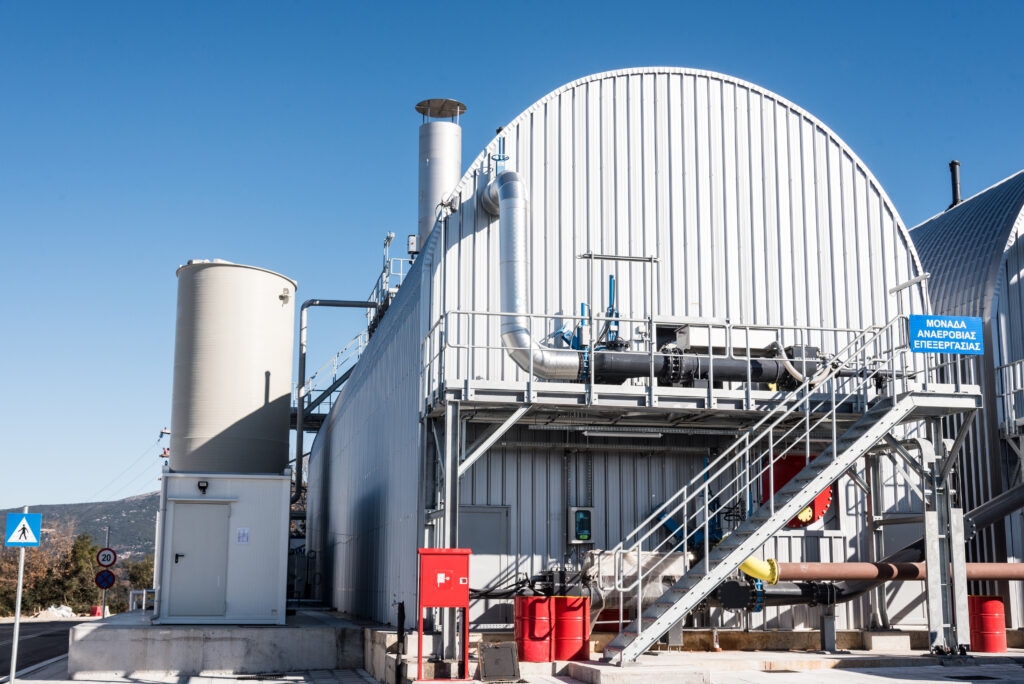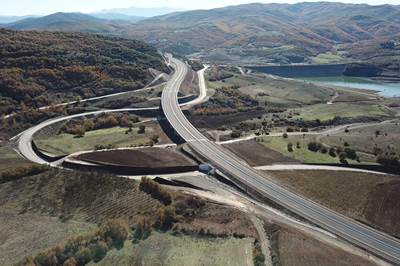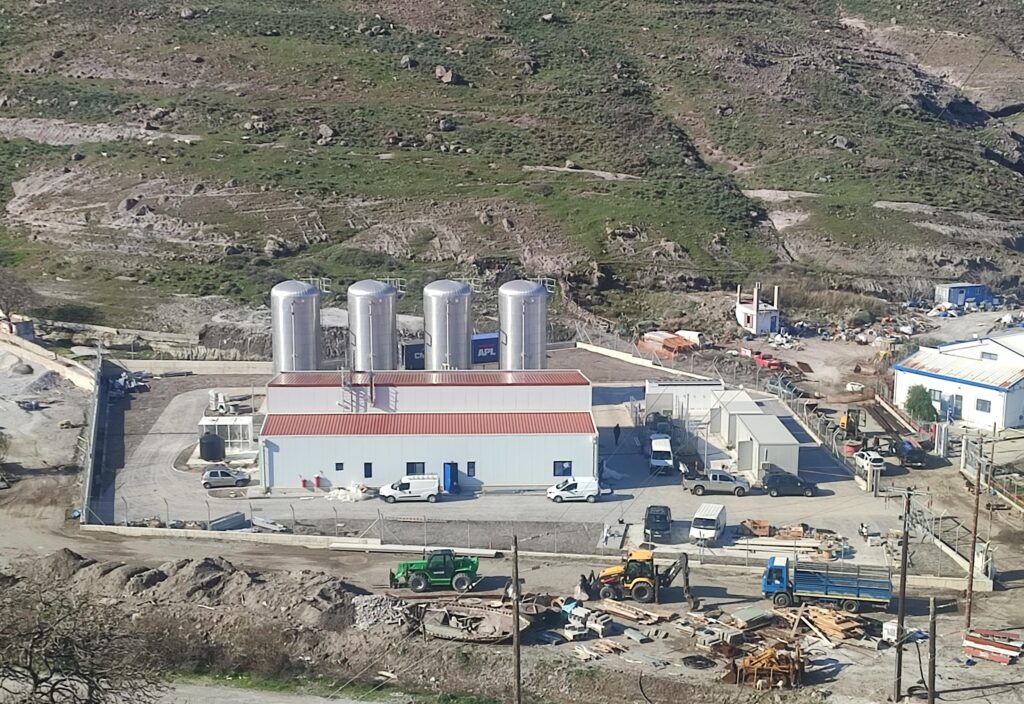
The example of MEA Epirus that produces energy from municipal waste
Integrated waste management constitutes a priority for Europe and one of its biggest bets. The challenge is even greater for our country, which is at the bottom of the scale among the European countries in terms of waste management (https://ec.europa.eu/environment/waste/index.htm). An also-ran in recycling, Greece insists on landfilling an overwhelming percentage (over 80%) of its total waste, while unlicensed landfills are also used to a large extent. In contrast, only 22.6% of waste gets landfilled in the EU.
The problem does not just lie with public health and the severe impact on the environment but with the economy, as well. The European Court of Justice has fined our country millions of euros for illegally operating landfills, despite having drawn on European funds to close them down and replace them with other waste management methods.
The European Union is now calling on Greece to fundamentally change the way it handles the issue, in line with the ambitious European environmental and energy policies. A change that ranges from the product design to improving recycling systems and waste management facilities’ performance. Therefore, in addition to the long-term goal of reducing the amount of municipal waste, emphasis must be placed on the incorporation of policies for their rational management.
The Epirus paradigm
The Municipal Solid Waste Treatment Unit of Epirus Region, in Eleftherohori of Dodoni, is a prime example of integrated waste management.
This is an innovative “green” project with multiple benefits for the ecosystem, the economy and for improving the quality of life of the people in the Region of Epirus. Among the most modern in Europe, the waste management facility (WMF) constructed by GEK TERNA Group (https:// https://www.gekterna.com/) was launched in March 2019 and has already been awarded as “Project of the Year 2018”.
What is distinct about this particular project is that it completely addresses the waste management issue in the Epirus Region for the next 25 years, since it can be adjusted relatively easily to future European Directives and Greek legislation.
In particular, the Epirus WMF meets and exceeds the Regional Waste Management Plan’s objectives as it produces a residue of less than 35% against the required 52%, recovers 36% of recyclables compared to the required 22%, while eludes landfilling biodegradable materials at a 77% rate. It also surpasses the National Waste Management Plan’s objectives since those are aligned with the Regional Waste Management Plan ones. Lastly, it almost eliminates emitted odours.
The first facility in Greece to produce energy from municipal waste
The Epirus WMF is the first in Greece to produce energy exclusively from Municipal Solid Waste. This means that the waste treatment process will generate energy which will be channelled into the country’s electricity grid. Therefore, the Epirus WMF not only contributes to improving the environment and reducing waste but also to the production of green energy rendering Epirus a “Green Region”.
At the same time, the facility deploys cutting-edge technology in mechanical waste sorting, as well as a state-of-the-art information system both for the facility’s internal monitoring and control, as well as for all its commercial functions (recyclable’s weighing and billing, classification and sale), while keeping the Contracting Authority (namely the Epirus Region) up to date.
The WMF’s maximum annual capacity is 105,000 tonnes. Its operation recovers a total of 17,000 tonnes of recyclable materials per year while producing 10,800 kWh/year of Green Energy, capable of meeting the needs of 3,000 families. At the same time, 12,000 tonnes of CO2 are saved per year.
Benefits of the WMF’s operation
- The lowest entry charge among all PPP waste projects in the country (and one of the lowest in Europe) for all residents.
- Reducing the Epirus Region’s environmental footprint for waste management.
- Substantial contribution towards achieving national recycling targets by creating an integrated waste management system and introducing sorting-at-source systems.
- Maximising recycling and composting.
- Promoting green energy production.
- Encouraging residents’ environmental awareness by fostering a new ecological culture in waste management.
The fact that the WMF Epirus functions as a venue for students’ environmental education in the broader area highlights its significance.
The investment amounts to a total of 52.4 million euro; domestic value added share approached 70%.
Quote in a box
“The design and implementation of our operational plan focus on recovering useful resources, as well as shifting the production process towards the circular economy. Our long experience in green investments has led us to an emphasis on utilising recyclable resources, in particular biodegradable materials, recovering and reusing products, but also producing green energy. The message we want to convey to the new generation visiting the Plant is that sound environmental management is a sustainable choice that ensures the health and welfare of all of us, but also a sustainable future for our common ‘home’, the Earth.”
Charalambos Charalambidis, Project Manager – EPIRUS WMF, GEK TERNA GROUP




